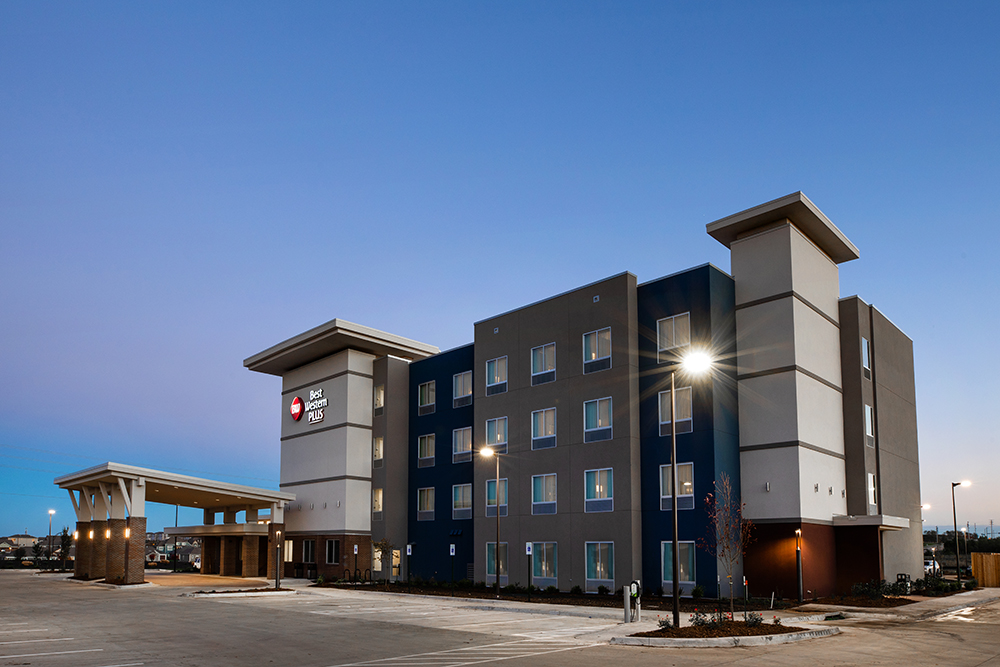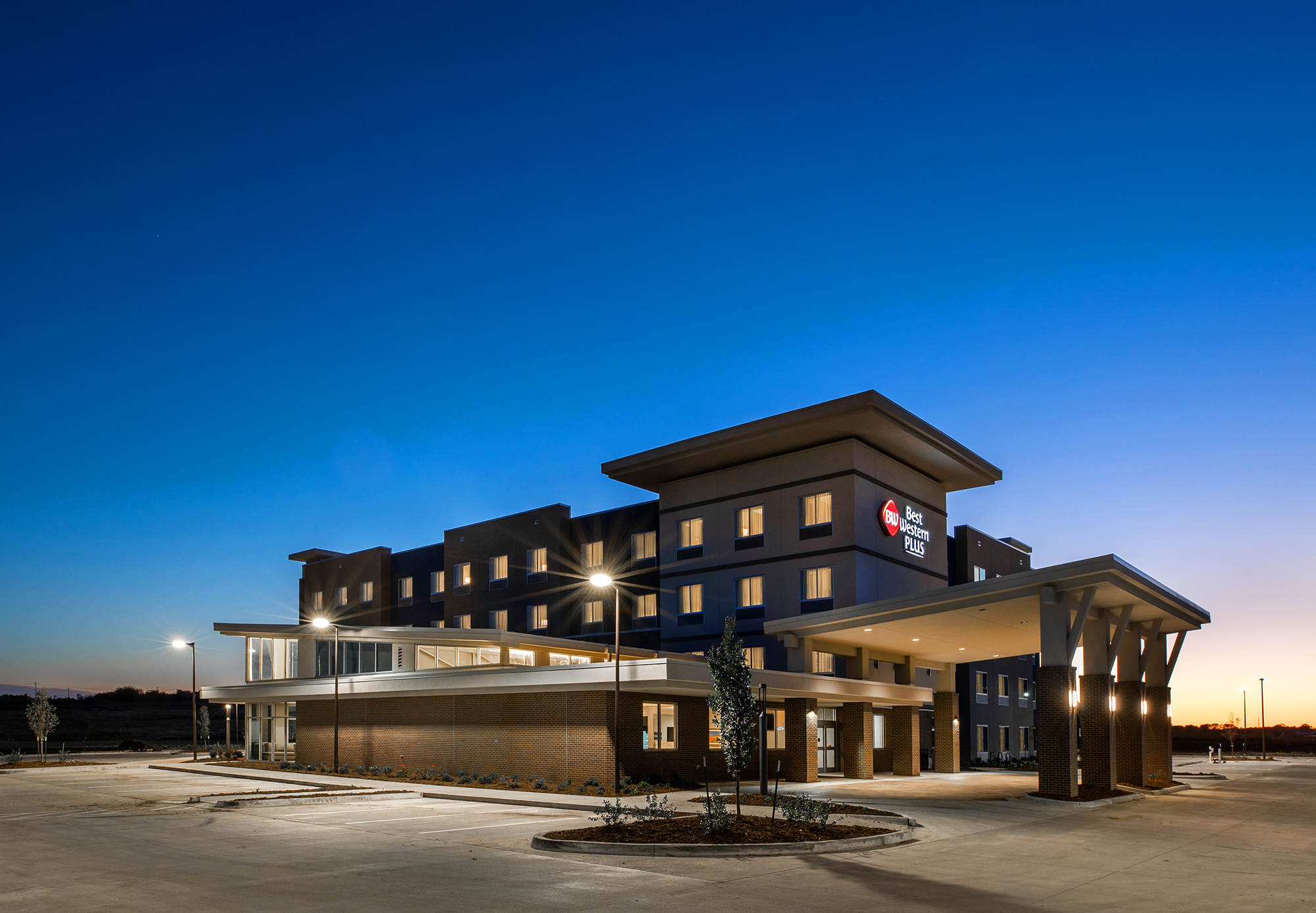What opportunity zones mean for US hotel development
Although the newly created opportunity zones have some geographical restrictions, the program opens up some tax benefits for hotel owners and investors who have a project in the right location.

REPORT FROM THE U.S.—For hotel owners and developers, the chance to receive any sort of tax break or deferment on a new project can be hard to pass up.
The newly created opportunity-zone program offers tax deferments on investments in new construction or property improvements. But there are drawbacks. Opportunity zones are located in low-income areas, which could mean fewer demand drivers in the area for hotels projects—at least initially.
How opportunity zones work
Through opportunity zones, the U.S. Internal Revenue Service allows investors to defer tax on any prior gains invested in a qualified opportunity fund until that investment is sold or exchanged or until 31 December 2026, whichever is earlier.
Investments held for longer than five years allows for a 10% exclusion on the deferred gain, according to the IRS, and investments held for more than seven years can receive a 15% exclusion.
Investors who hold on to an investment for at least 10 years are eligible to increase the basis of the qualified opportunity fund “equal to its fair market value on the date that the QOF investment is sold or exchanged.”
When opportunity zones were first included in the recent tax reform, the law allowed the governor of each state to designate low-income areas as opportunity zones, and larger, more populated states were limited to 25% of low-income areas, said Catherine Holmes, partner and chairwoman of the investment capital law group at Jeffer Mangels Butler & Mitchell.
The IRS published a list of every opportunity zone in the country through the national census tracts, which allows owners and developers to look up addresses to see whether land or properties are within opportunity zones. Tracts only qualify, however, if they were purchased after 31 December 2017, Holmes said.
“A number of people have called to say they owned it for several years and wanted to develop it and (asked) what can they do,” she said. “The answer is the property will have to be sold to a third-party buyer—an unaffiliated third party, not the current owner and using the IRS rules to determine what is an unrelated third party.”
Improvements to an existing property on the purchased land qualify for an opportunity-zone tax break if the owner substantially improves the property within 30 months of the day of the investment, Holmes said. IRS regulations define substantially improved as additional money invested equal to 100% of the original basis in the property, she said.
“The IRS made a very important regulation that opened up substantial improvement to a lot more properties,” she said. “They said for the purpose of substantial improvement, they only look at the value of the building, not the land.”
Owners who sell an opportunity-zone property must make a provision for reinvestment of the proceeds of the sale into another opportunity-zone property to ensure the opportunity-zone fund continues to hold 90% of tangible assets in qualified properties for the full 10 years, she said.
“We don’t know right now whether the IRS will allow distributions of any part of any proceeds of sale or refinancing during the 10-year period,” she said. “There have been some third-party accountants and groups who asked the IRS to clarify that point, but there has been no clarification from the IRS as of this date.”
Owners will need to prove they raised money for the purpose of an opportunity fund, Holmes said, and to do that, they need to create a business plan that shows how they intend to improve a property over the next 30 months.
It’s not a difficult process, she said. Owners would need to file a one-page form with the IRS stating they are forming a qualified opportunity fund and intend to meet the requirements. Owners can expect to prepare the same type of documents for investment money as they would for any of their other properties that they would raise equity for, she said.
Demand in opportunity zones
The location of opportunity zones are likely interesting for hoteliers only in a narrow range, said Jan Freitag, SVP of lodging insights at STR, parent company of HNN. Urban hotels generally do not generate their own demand, but they help accommodate the demand created by offices or other demand generators, he said. As a result, the building of hotels in opportunity zones would likely come during a second wave of development in these zones after other demand generators are built.
“That said, if you can find a location that is close to a demand generator or close to non-opportunity zones so you could still take advantage of the tax breaks but with the expectation the market will grow in your direction, in your favor, I could see local hoteliers taking advantage of this,” he said.
The development of hotels in primary, secondary and tertiary markets would likely come in a secondary wave, Freitag said. Owners and developers wouldn’t want to be the first developers there, because if they come in before the demand exists to generate revenue, the bank could foreclose on the property, and in that case, the company that buys the hotel is the one that makes the money, he said.
Hotel development opportunities
Peachtree Hotel Group is actively involved in new development projects that reside in opportunity zones, CEO Greg Friedman said. The company has closed on two deals that are in opportunity zones and is working on the co-development of the new-build hotels at the moment. The projects are located in St. Louis and in Plainfield, Indiana—which is outside of Indianapolis—and are both under construction, he said.
The company has another 10 projects going through the entitlement and development process that are in opportunity zones, some of which are part of joint-venture deals, he said.
The company took on these projects before executives were aware of the opportunity-zone program, and the locations just happened to be in opportunity zones, Friedman said.
“So far, not any of what we initially started were because of an opportunity zone,” he said. “Most were there because they stood on their own. Even if (opportunity zones) didn’t exist, the projects would make sense for us. … Without question, (the opportunity-zone program) helps the projects and helps drive in the ultimate returns for these projects.”
The opportunity zones will speed up and make the projects even more viable by potentially adding newer demand drivers as other companies improve properties in the area to receive the benefits, Friedman said.
The program so far has been user-friendly compared to other tax programs in the past, which have had cumbersome and time-consuming administrative processes, he said. His company’s success with it doesn’t necessarily mean others will follow, but there are many viable locations to develop new hotels, he said.
This article originally appear via Hotel News Now



